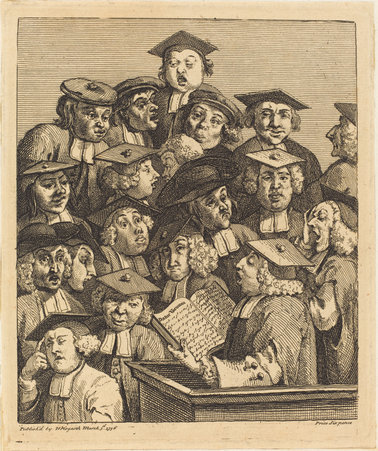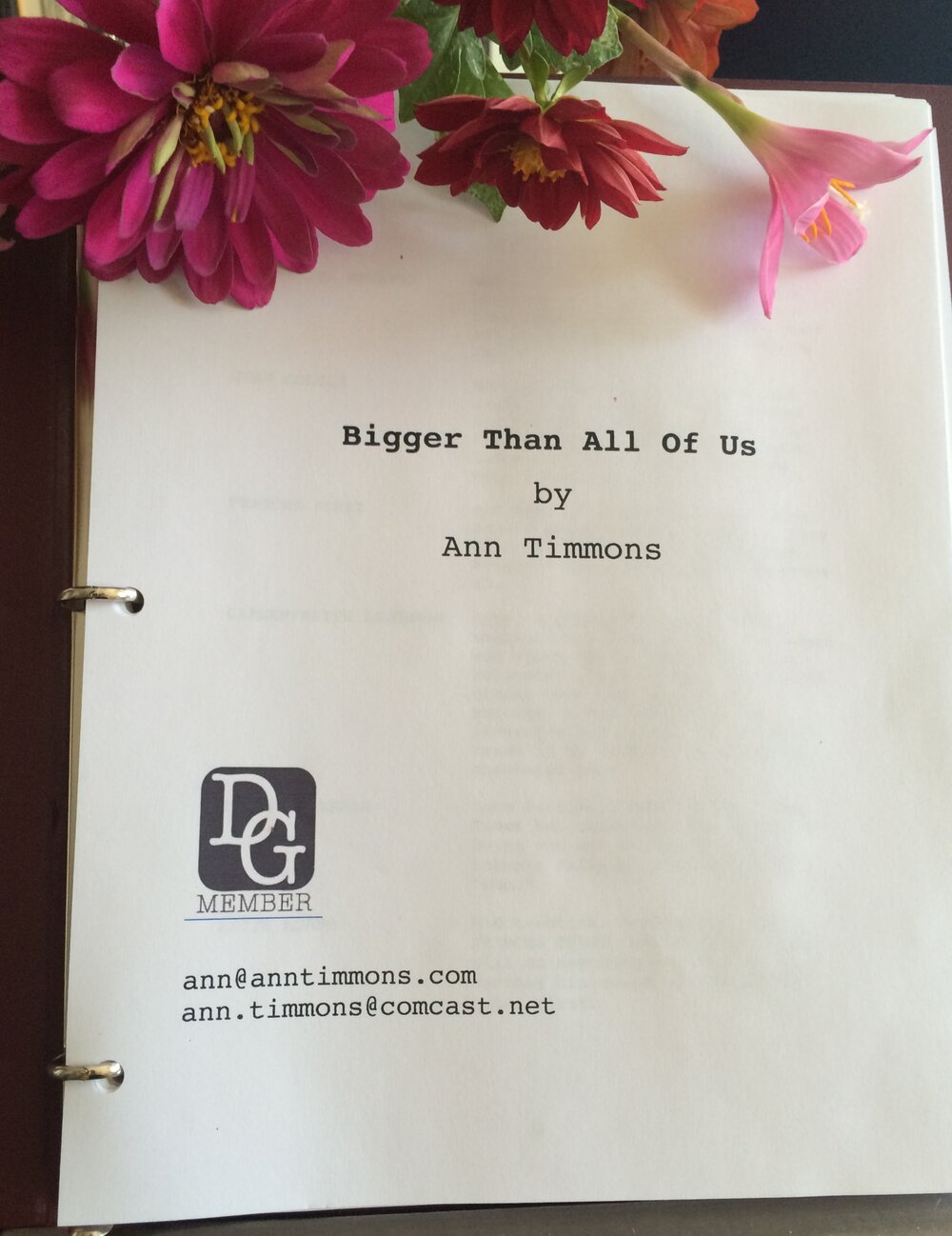 If you, like me, have been captivated by the music of Hamilton, Lin-Manuel Miranda's Broadway hit that is breaking all kinds of records, I am sure you have been struck by the genius of Miranda's lyrics--the wit and social commentary he injects into the historic story. When I first heard self-described "trust-fund baby" Aaron Burr tell the scrappy immigrant Hamilton to "talk less, smile more," I had to laugh. Probably any woman hearing this lyric did as well. We have all heard it so many times, usually directed toward us, as it was to Hamilton, by a member of a privileged class who is objectifying us while trying to silence us. Burr claims he is giving this advice as a friendly warning to Hamilton; in Revolutionary America, saying the wrong thing at the wrong time could get you killed. But I am guessing Miranda uses this phrase at the beginning of their relationship to set up the somewhat ambivalent, ultimately fatal nature (spoiler alert!) of their long association.
If you, like me, have been captivated by the music of Hamilton, Lin-Manuel Miranda's Broadway hit that is breaking all kinds of records, I am sure you have been struck by the genius of Miranda's lyrics--the wit and social commentary he injects into the historic story. When I first heard self-described "trust-fund baby" Aaron Burr tell the scrappy immigrant Hamilton to "talk less, smile more," I had to laugh. Probably any woman hearing this lyric did as well. We have all heard it so many times, usually directed toward us, as it was to Hamilton, by a member of a privileged class who is objectifying us while trying to silence us. Burr claims he is giving this advice as a friendly warning to Hamilton; in Revolutionary America, saying the wrong thing at the wrong time could get you killed. But I am guessing Miranda uses this phrase at the beginning of their relationship to set up the somewhat ambivalent, ultimately fatal nature (spoiler alert!) of their long association.
Burr later uses this same phrase to describe his political strategy for wining people over without offering them much in the way of substance (and he succeeds: voters sing that he is the guy they would rather "have a beer with"). But when Hamilton's surrogate father George Washington tells him to "talk less," it is sound advice. The impetuous Hamilton has gotten himself into trouble by refusing to slow down and listen to others. Washington sees the need for Hamilton to master another skill: listening.
As a leader, Washington knew the truth about communication. It's always (at least) a two-way street. No matter how brilliant your ideas are, you cannot get your message across if you aren't willing to reach out and entertain a different viewpoint. You can't connect with people if they feel you are "talking at" them, rather than "speaking to" them.
I am not entirely sure that Alexander Hamilton learned this lesson. But as a communications coach, I believe there are many situations where talking less truly helps us make essential connections of community and communication. So, to honor our forefathers and the great American tradition of musical theatre, try it for your next big holiday gathering. You might learn more, enjoy more, connect more. And that will make you smile.
Alexander Hamilton by John Trumbull. Courtesy National Portrait Gallery





















